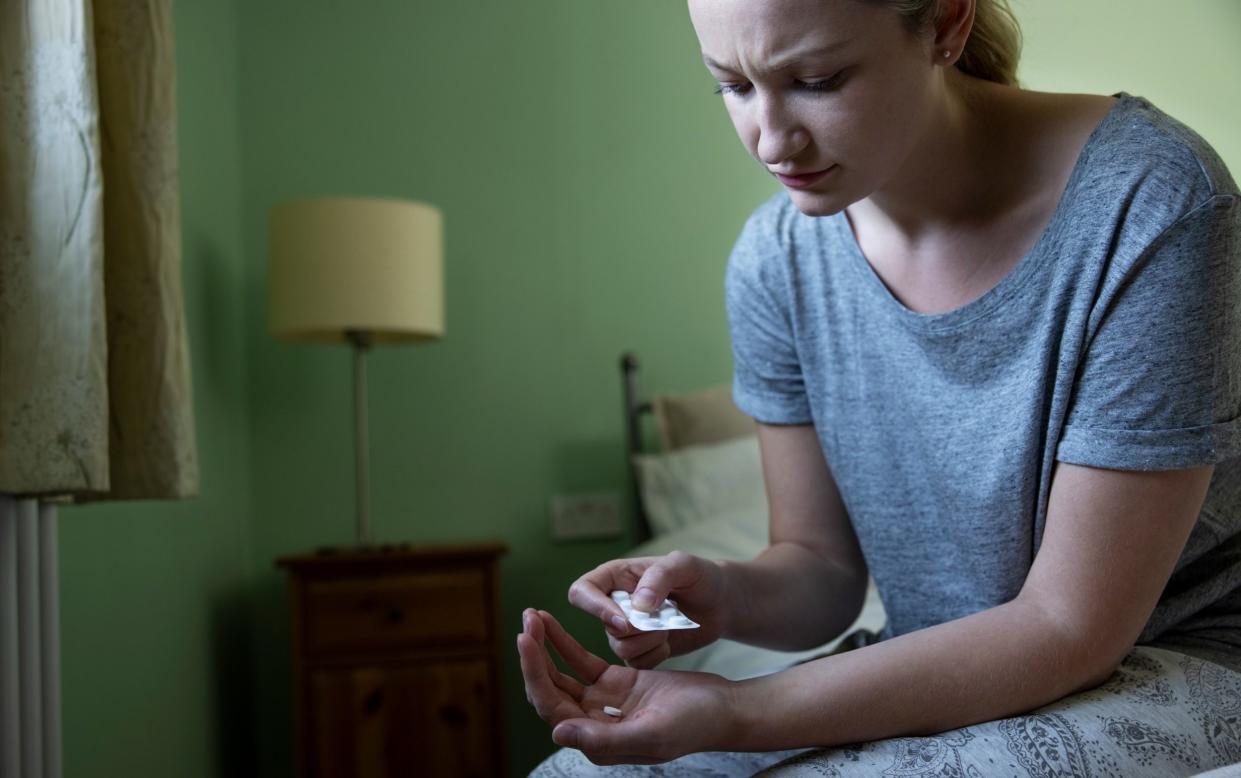Grey divorces hit women harder than men according to antidepressant use, BMJ study finds

Grey divorces hit women harder than men and they are twice as likely to use antidepressants during break-ups, a study suggests.
Splits after the age of 50 are increasingly common and are caused by a range of factors including empty nest syndrome, reduced stigma in the modern world and longer lifespan.
But the trend could be harder for women than men, with women more likely to be prescribed antidepressants before and after a divorce than men.
A study on 228,644 Finnish people aged between 50 to 70 who endured the end of a long-term relationship found that antidepressant use increased in men in the four years before divorce by around three per cent compared with six per cent for women.
This could be down to gender differences in roles within families, as well as a difference in responsibilities and economic status, researchers said.
In the focus group, 33 per cent were divorced, 30 per cent had broken up with their partner and moved out, and 37 per cent were bereaved following their partner’s death.
Antidepressant use in both men and women increased in the six months leading up to divorce, by 5 per cent and 7 per cent respectively.
Researchers found the rate of drug use fell immediately afterwards but remained higher than before the divorce.
For men, use of antidepressants fell back to the level it was 12 months before the break-up, although it increased among women.
Researchers said the findings, published in the Journal of Epidemiology & Community Health, “may indeed relate to the fact that the costs of union dissolution on mental health fall more heavily on women than men”.
“Gender differences in family roles, responsibilities and economic status are often the explanations for the greater detrimental impacts of union dissolution on mental health observed in women than in men,” they added.
“Nevertheless, the more extensive social network, greater social support and better health behaviours of women could enable them to cope with union dissolution better than men, and thus make them less vulnerable mentally during the transition.”
Among those whose partners had died, antidepressant use was higher in both men and women for up to four years before their death.
Usage increased by 7 per cent in women for three months before and three months after bereavement, compared with 5.5 per cent in men.
Of the group in the study, 53,460 people had entered into a new relationship within two to three years, with men more likely to do so than women.
Divorce and remarriage in midlife is increasingly common, with the average age now 48 for men and 45 for women.
Almost 112,000 couples got divorced in 2021 and in 2019 there were 41 per cent of all divorces were over 50, according to ONS figures.
Famous faces are not immune to the phenomena, with Boris Johnson, Hugh Jackman, Bill and Melinda Gates, Paul McCartney, Madonna and Brad Pitt and Angelina Jolie all getting divorced after 50.
Family law experts say the financial disparity between husband and wife can disadvantage the woman.
“These figures are, sadly, unsurprising,” Gavin Scott, Family Law Partner at national law firm Freeths, told The Telegraph.
“In most divorces, it is still the case that wives are in a weaker financial position than their husbands having stepped back from developing their career to be the primary carer of the children.
“Facing the uncertainty of their financial position after a divorce can be a huge mental weight, and add that to the anticipation of divorcing, which can be an extremely distressing process, no wonder the use of antidepressants increases.
“We often see marriages that have broken down, yet the parties continue to live together in very unpleasant atmospheres which only adds to the strain on mental health as well as the emotional welfare of children in that situation.”

